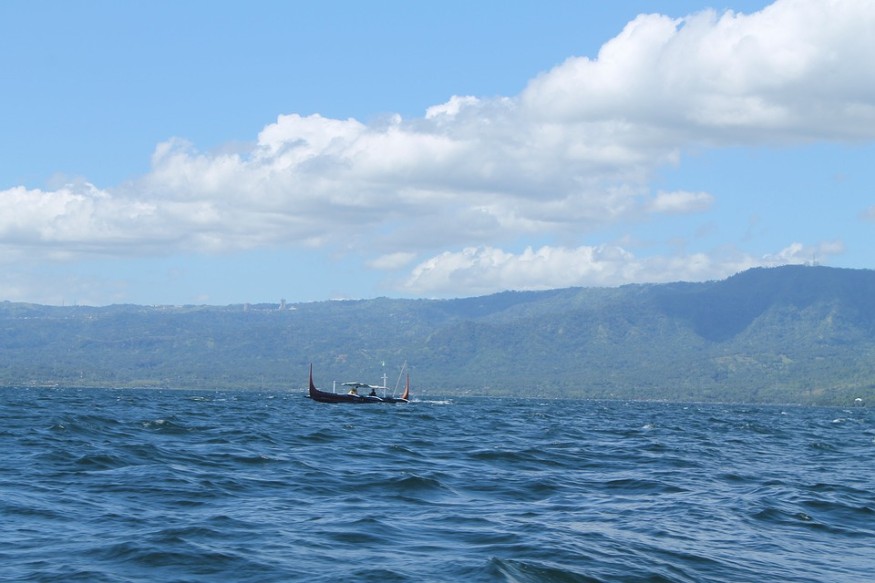
Taal Volcano's eruption in the Philippines last weekend buried fields of crops under a thick layer of ash but the Department of Health (DOH) said Wednesday that the dusty fruits and vegetables can still be safe to eat after some thorough washing.
According to Health Undersecretary Eric Domingo in a press briefing in Malacañang, as long as you wash and clean those fruits and vegetables thoroughly, they are still edible.
Along with several animals left behind, the once vibrantly colored areas near Taal became a picture of black and white.
Domingo noted that unlike animals, produce, like fruits and vegetables, cannot ingest the toxins from Taal's volcanic ashfall.
According to the Department of Agriculture, Taal Volcano's unrest has left P577.4 million in initial damage to farming, including some 2,700 hectares of farmland and almost 2,000 animals.
DOH plead to refrain from eating fish from Taal Lake as toxic chemicals from the rumbling volcano could affect marine life there.
He said until they are sure, might as well be cautious because toxic substances have been thrown out of the volcano and these get dissolved in the water.
The health department warned the public against buying and consuming fish from Taal Lake and nearby provinces. These may result in health risks, which include stomach pain, vomiting, and diarrhea.
This is until authorities declare the waters are safe. The toxic substances may be hazardous to the safety of people and animals.
The Department of Agriculture (DA) is anticipated to conduct further lake water tests to check toxin levels following the volcano's ash explosion.
To add to the fruits and vegetables, plants cultivated in farms affected by the ashfall brought about by the Taal Volcano eruption are also safe for consumption as long as these are thoroughly washed with water.
DOH has released P5.4 million worth of medicines and other goods to address the health needs of people displaced by the Taal explosion.
Crops and livestock were blanketed in surrounding areas since the eruption began on Sunday. The damage to crops and livestock has reached more than P500 million, said the DA.
You can also wash those still planted in farms, Domingo said.
According to DA Secretary William Dar, this also applies to the barako or liberica plants where Batangas and Cavite farmers get their coffee from.
According to Domingo, they await the further test of DA and clearing that there are no toxin levels in the water.
The public was advised to wait until the Agriculture Department has finished its tests on the possible toxic chemicals found in the affected areas; to wait for the further tests of DA clearing that there are no high toxic levels that pose dangers in the water.
Taal majorly consists of freshwater fish such as tilapia and tawilis.
About 9,779 families are temporarily seeking shelter in 159 evacuation centers after Taal spewed a giant column of ash.
The top priority of the Department of Health is to assure the safety and the healthy environment within the evacuation centers and make sure that there will be no disease outbreaks; to ensure sanitation and proper clean water supply.
RELATED ARTICLE: TAAL VOLCANO: Lake Dries Up as Taal Continues to Erupt
© 2025 NatureWorldNews.com All rights reserved. Do not reproduce without permission.





